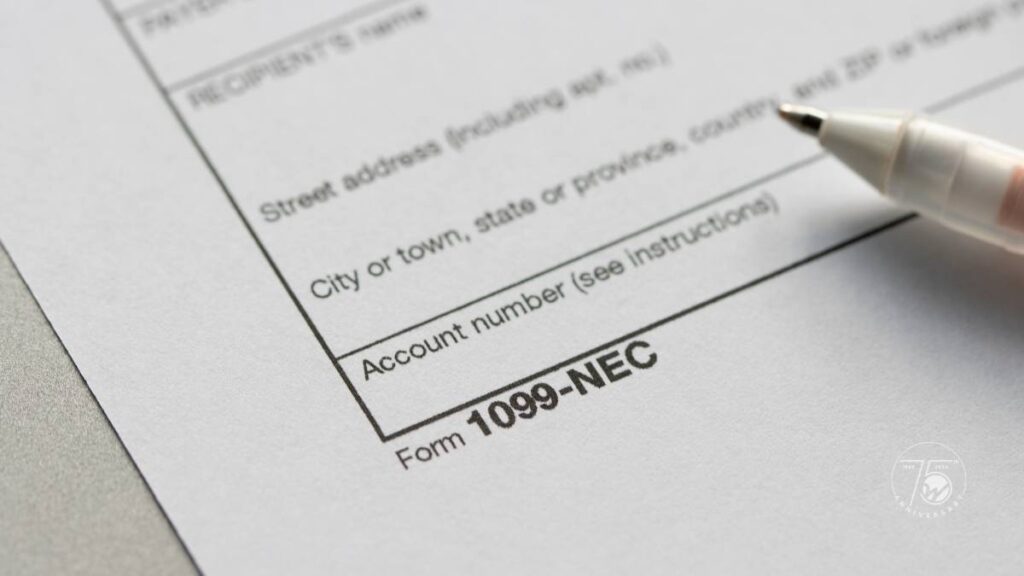For years the IRS focused on the accuracy of W-2s in reporting income. Employers were required to have an employee sign a W-4 at the beginning of employment. The employer was also required to make sure that the tax information provided on the W-4 was accurate.
These requirements also apply to 1099s, but in practice, most employers obtained the tax information using Form W-9 (usually after the vendor was paid and months after services were provided). In some cases, the employer only had a tax ID number for the vendor but no information as to whether it was an EIN or SSN, nor any clear indication of the legal business name associated with the tax ID number.
New Changes Aim to Improve 1099 Accuracy
In 2024, with more individuals are moving to self-employment, the IRS wants to ensure that the income paid to self-employed individuals is fully reported and accurate. To support this goal the IRS has implemented two changes:
- Effective immediately – IRS Form W-9 was updated effective March 2024. The instructions were amended to clarify that LLCs which are disregarded entities must check the correct box for the tax classification of the owner on Line 3a. The Owner’s name should be reported on Line 1 and disregarded entity’s name on Line 2.
- OBSERVATION – review your current service providers list and request updated W-9s now to gather correct payee tax information
- Effective January 2026 (i.e., next year) – if the name and tax ID do not match IRS records the 1099 filing will be rejected immediately upon e-filing. It must be corrected on or before January 31, 2026 or it is considered a late filing and appropriate penalties may be assessed.
Employers should revise their procedures as of the beginning of 2025 to ensure that the tax information is received and verified prior to payment to vendor rather than waiting until the end of the tax year.
Consequences of Late Filing
The cost for waiting until the end of the tax year may result in late filing or rejected submissions and the imposition of IRS penalties for filing 1099s late and the assessment of backup withholding taxes at a rate of 24% which should have been withheld but were not. (The payer/company would be on the hook for paying the backup withholding taxes that should have been withheld but were not).
The IRS will also reject any 1099s filed without indication as to whether the tax ID is a social security number or an employer identification number. The onus is on the company to provide all the required information accurately.
TIN Matching Resource
To assist in compliance the IRS website offers free TIN matching e-services for employers to validate the name and TIN combinations reported on the W-9. For more information on this service, read our overview.
Please reach out to your Wegner CPAs tax advisor if you have questions on these important 1099 rule changes.


